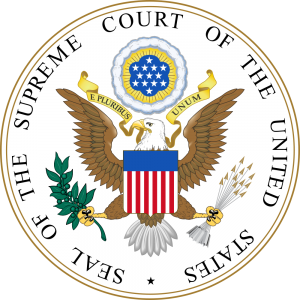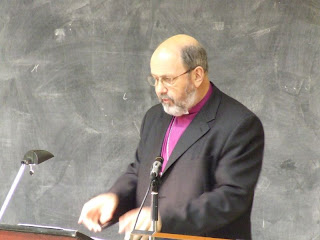I have wondered before in this space, wondered why science and our faith seem always to be at such odds. I have lamented the idea that fear is driving the Christian’s response to science and therefore is driving many intelligent people away from our faith and our churches.
What I did not address in my previous musings is how it seems that every time there is a new scientific discovery, a new theory about our world and our universe, both sides seem to leap upon the premise as proof of their point of view.
Whether we speak of the observation that the earth revolves around the sun or the theory of big bang cosmology, every new discovery or theory is at the first seized upon to carry wide-reaching theological and philosophical consequences.
Those who do not believe in our God grasp at the new discovery to be used as a new attack against Christianity. Those who do believe either dismiss it out-of-hand as patently false, a conspiracy of scientists who twist the facts to suit their own purposes, or else (perhaps more embarrassingly) try to use it as the basis for a new defense for proving their beliefs to the world.
Yet each time this occurs, when “the popular hubbub has subsided and the novelty has been chewed over by real theologians, real scientists and real philosophers, both sides find themselves pretty much where they were before.” ~ C.S. Lewis
One would think that we, as humanity, would learn. I suppose, though, that what was true in the third century, BC, is still true today. There is nothing new under the sun.
We would do well, I think, to remember that the purpose of science is to try to figure out how things work. Science does not give ultimate explanation for the origin and existence of the universe or answer questions concerning the purpose of the universe or of our existence.
Perhaps our role as believers is not, after all, to prove our faith beyond a shadow of a doubt. Perhaps this attempt is what leads us to seize upon science as either a hoax or a tool without really knowing the first thing about the particular theory or discovery we are discussing. This, I think, leads to the valid complaint among unbelievers that we tend to speak hotly about things we do not understand.
Perhaps, instead, we should remember that faith is something that can be pointed to, that can be supported by evidence and can be intelligently concluded to be true, but is not something that can be proved in a way that people cannot help but believe.
When our faith can be proved in such a manner, that, I believe, is the day we will call Judgement.
What we believe always remains intellectually possible; it never becomes intellectually compulsive. I have an idea that when this ceases to be so, the world will be ending. We have been warned that all but conclusive evidence against Christianity, evidence that would deceive (if it were possible) the very elect, will appear with Antichrist. And after that there will be wholly conclusive evidence on the other side.
But not, I fancy, till then on either side. ~ C.S. Lewis
Art credits: DNA photo by Tomislav Alajbeg; Pulsar and Supernova photos from NASA



















